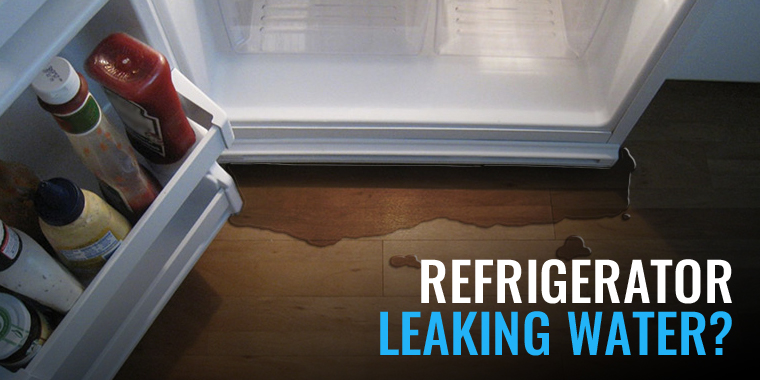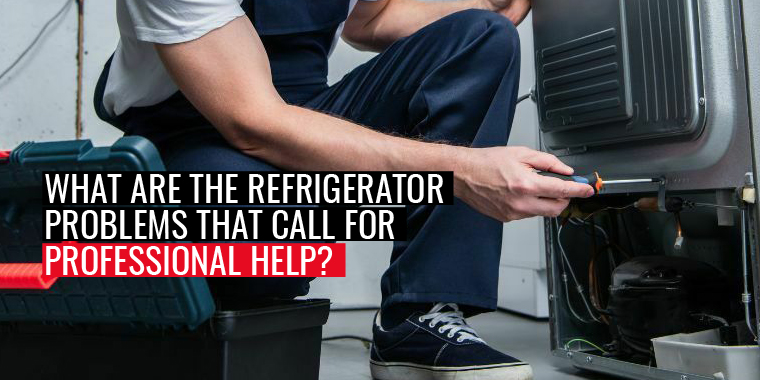
When your refrigerator malfunctions, life goes messy. Undoubtedly it’s the most used appliance in your household. Proper maintenance is essential to keep your freezer in optimal condition. However, it is not always possible to predict occasional refrigerator malfunctions. Thus, how can you repair refrigerators efficiently and affordably when it does not function properly?
Pocket-Friendly Tips for Repair Refrigerators
Before hiring a professional service, you can opt for a few DIY methods to repair your refrigerator and save money. Here are some repair tips you can follow to address common problems fast:
Check Condenser Coils for Cooling Related Problems
Check if the light turns on when you open the door. If not, make sure that the fridge is properly plugged in. Also, examine the breaker panel to ensure an uninterrupted power supply.
Sometimes, the fridge runs but with an inadequate cooling effect. What to do in such a situation? The first thing to do is to check the temperature control dial. Make sure that it is in the right position. If food containers block the vents and freezer compartments, your fridge may not get cold enough.
Another way to repair the refrigerator for inadequate chill is to remove dust from the condenser coil. It improves the airflow through the coil to let the fridge cool properly. You can use a long brush to eliminate the dust. Check the fan for dust. If it is dusty, you should vacuum it to ensure smooth operation.
Examine the Inlet Tube and Saddle to Fix Ice Maker Issues
Unfasten the icemaker and unplug the wiring harness to access the water inlet tube. Low water pressure may make the tube plugged. If the drizzling water freezes, you may find a plugged one. The next step is to melt the ice in the inlet tube.
A saddle valve is the one that connects the ice maker to the home water supply. The needle hole of this valve may clog to cause blockage. Rotate the saddle valve in the clockwise direction and tighten it to eliminate mineral deposits. Turn the valve to its original position after completing the unclogging task.
Inspect the Fan Motor to Prevent Unwanted Noises
What makes a fridge noisy? Most probably, the source of the problem could be the condenser fan motor. The evaporator fan motor may also contribute to making a fridge noisy. Check whether the sound is coming from the compressor or fan.
The back cover needs to be unscrewed before checking the exact source of the sound. The noise from the fan motor can be eliminated by replacing it with a new one. If the noise comes from the compressor, you may consider buying a new fridge.
Takeaway on Repair Refrigerators
These 3 DIY tips will help you solve common problems efficiently and save money. Never undermine the importance of timely refrigerator maintenance. Many people ignore minor issues and keep them unattended for a long time. The consequence will be expensive repair work. Do not let it happen to your refrigerator.
If you don’t have the tools and experience to repair refrigerators, you can hire a professional home appliance repair service. Experienced professionals perform all tasks with meticulous precision. They have the tools and expertise to solve any complicated repair task responsibly and efficiently.


